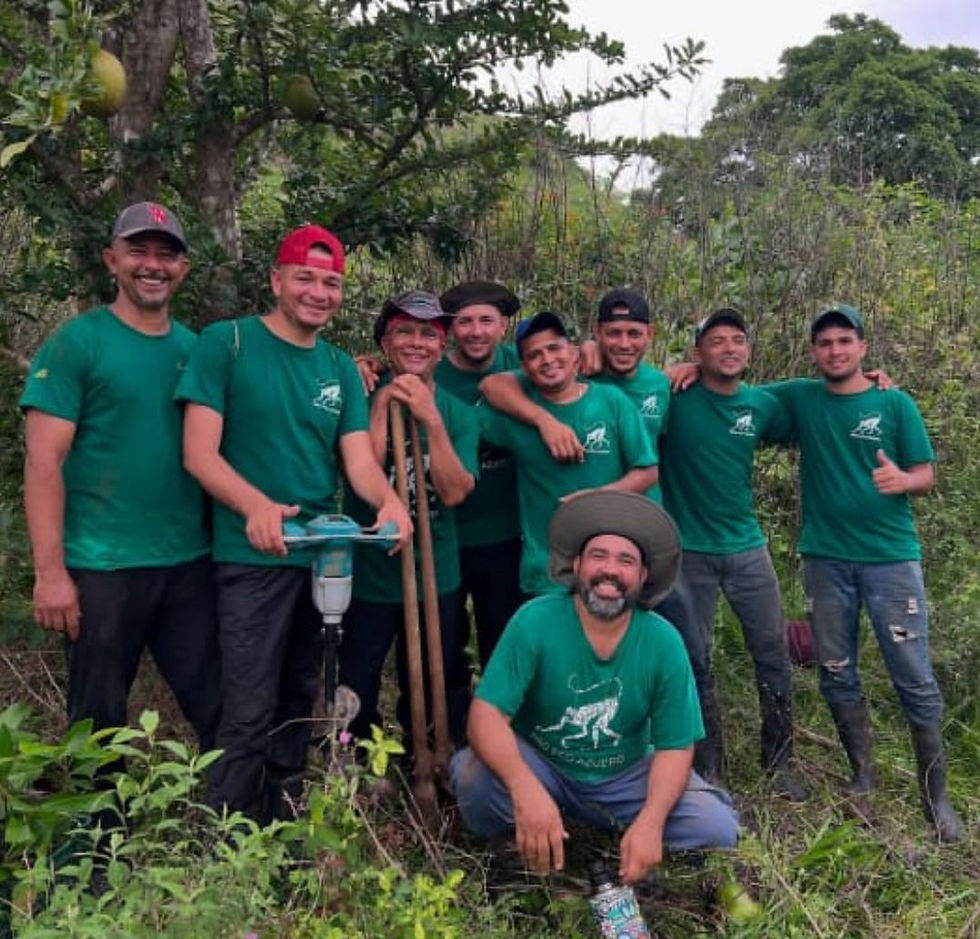CEASPA Promotes Responsible Whale Watching and Snorkeling
- Dec 14, 2012
- 1 min read


Take advantage of the diversity of cetaceans. The cetacean family is made up of several species, including whales, dolphins and porpoises. If during the search for a particular cetacean species you find another type, take advantage of this sighting and give it the attention it deserves. Do not scare away this cetacean; that sighting may be the success of the day.
Know the environment and associated fauna. Other animals besides cetaceans may appear during the sighting trip, which may or may not be directly related to seeing cetaceans themselves. Overall, they form an important part of the learning experience. Become knowledgeable about the turtles, sea birds, schools of fish and other marine life that may appear during the watching season. This knowledge can aid in whale sightings, while at the same time promoting protection of the surrounding environment.
Promote the protection of coral reefs. Coral reefs, called “forests” of the ocean, are underwater ecosystems. They provide a habitat for many marine species, protect the coast and serve as “guardians” for the offspring of different species. Best practices and responsible use of coral reefs ensure that future generations can enjoy these natural wonders that surround, protect, feed, and entertain us.CEASPA Presentation (in Spanish)








Comments